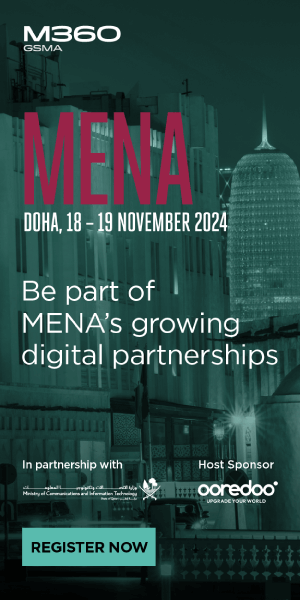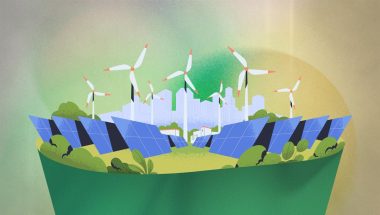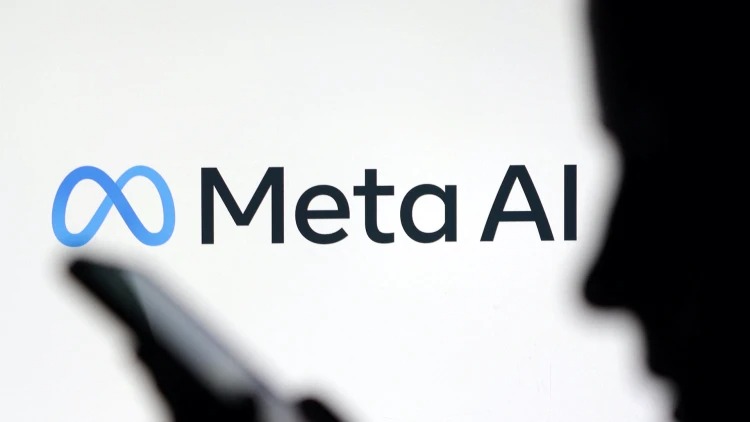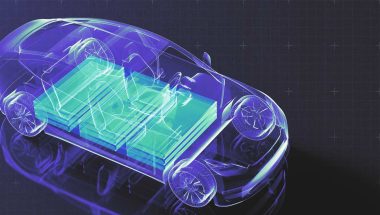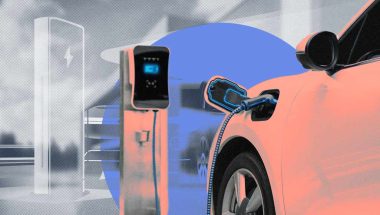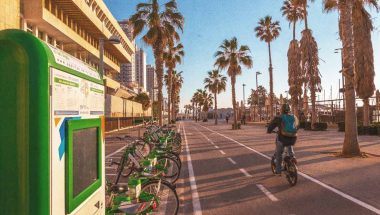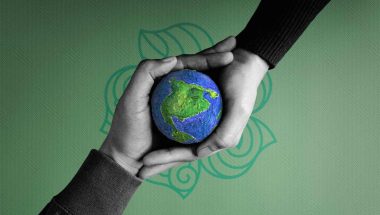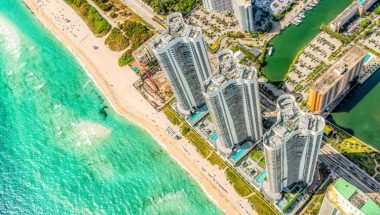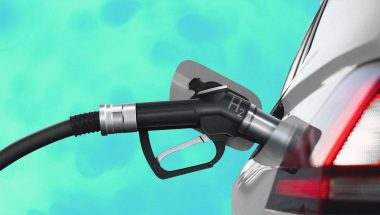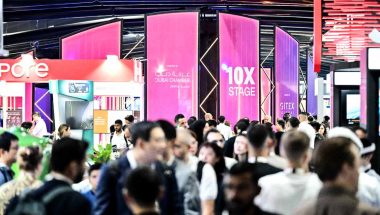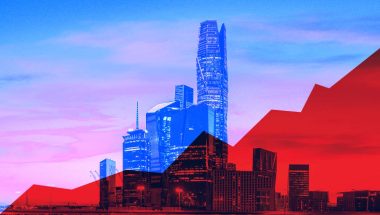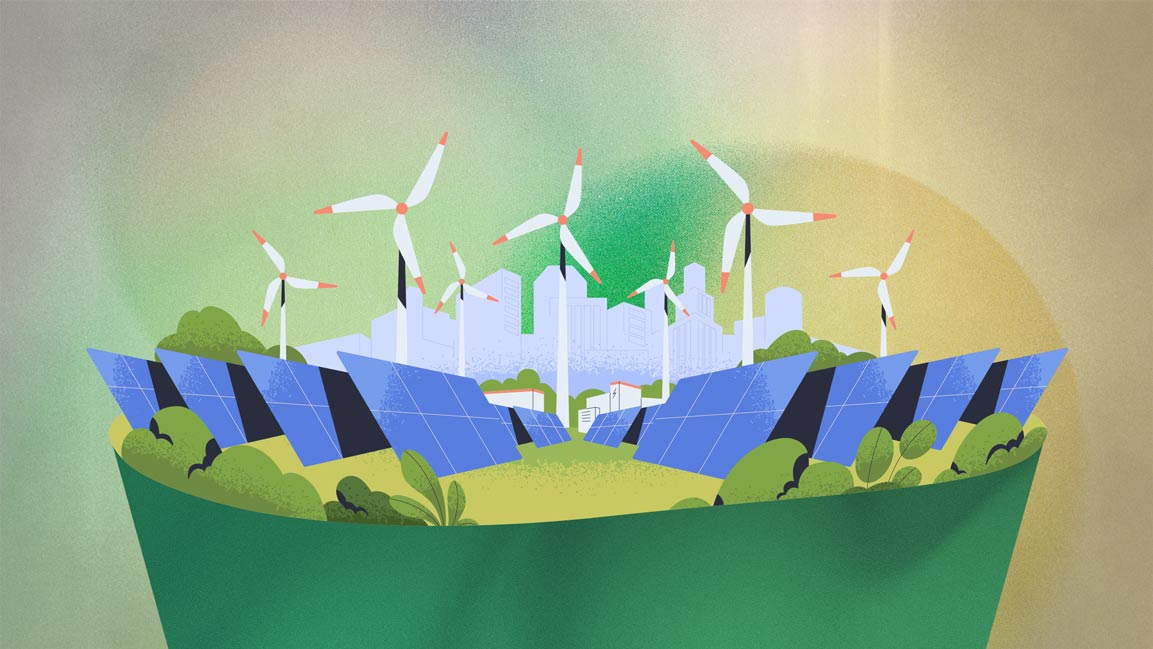- | 9:00 am
The MENA region faces major environmental challenges. Can cleantech provide the answers?
Despite a lack of awareness and investment, big and small companies are driving cleantech uptake in the region.
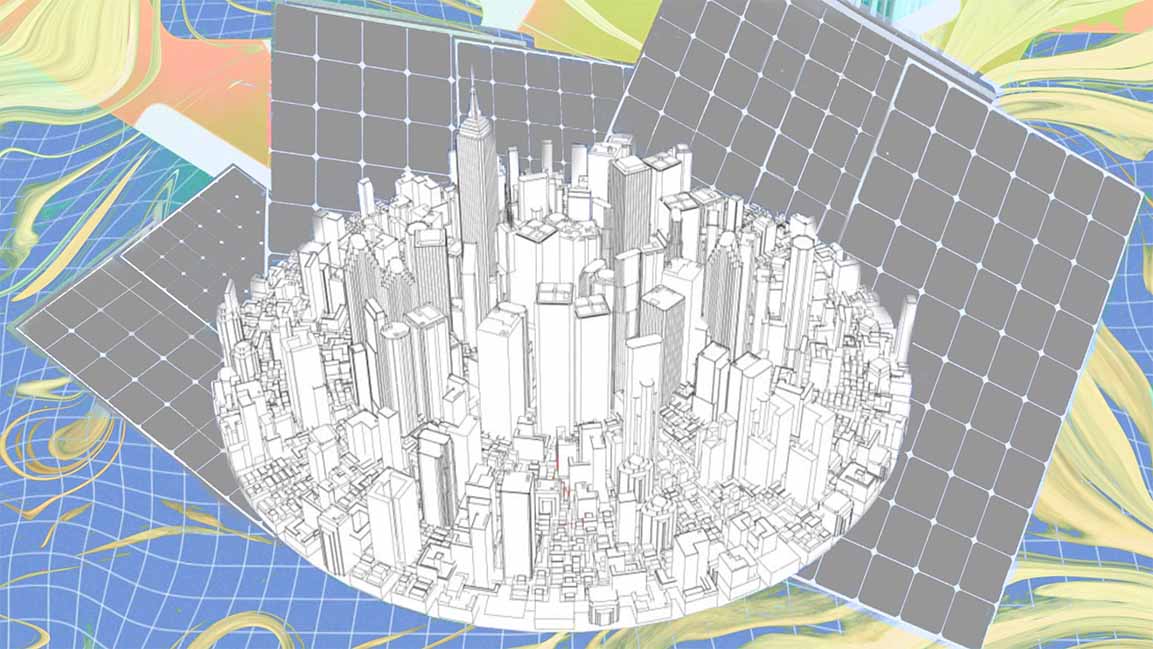
Would you like water from an air-to-water machine? Or live in a house made from plastic-to-concrete blocks? Drive a car that runs on biofuels extracted from household waste? Cleantech – an all-encompassing term that refers to wind power, solar power, biofuels, carbon capture and storage, mobility, and construction – is growing in the region.
Globally, cleantech had a significant spurt in 2012. However, cleantech innovation took time to catch on in the Middle East and North Africa (MENA) region. The delay in growth is attributable to several reasons— according to a report, limited cleantech awareness and investment are the main inhibitors, which is ironic given the region faces daunting environmental challenges.
According to the World Energy Council, by 2050, MENA region’s demand for energy will increase by 114%, with nearly 28 million people in the region lacking access to reliable electricity as per the World Bank. The region is also water scarce; 15 of the top 25 water-stressed countries are within the region. It is one of the least secure regions in the world for access to food, and the UNFAO suggests increasing R&D to eliminate inefficient agricultural practices. Additionally, by 2025, the region’s waste production will increase from 63 to 135 million tons per annum, outpacing comparable economies in South Asia and Africa, as per World Bank.
In 2020, due to pandemic-induced lockdowns, CO2 emissions had fallen since the 2015 Paris Climate Accord. The recorded decrease in CO2 emissions was in line with the limits needed every year until the 2030 target. According to the Pew Research Center, citizens were as concerned with the climate crisis as they were with the pandemic.
Post-pandemic, cleantech innovation is bolstered by national agendas focused on environmental concerns ahead of the region’s upcoming COP27 and COP28 summits.
Despite being initially led by the public sector, regional private players are demonstrating interest in the sector, announcing big renewable energy targets and investments to match. Recently, Majid Al Futtaim announced Launchpad, an accelerator program for the SME and startup ecosystem in the UAE and the broader region.
“The objective is to become a collaborative partner to startups, using our expertise and market reach to support small businesses and help them reach their full potential,” says Joe Abi Akl, Chief Corporate Development Officer at Majid Al Futtaim.
The conglomerate’s partnership with AstroLabs offers business growth incentives, enrollment in mentorship programmes, and access to its innovation ecosystem will help strengthen the commercial viability of the participating startups and SMEs.
“The programme supports core growth areas, including homegrown, health and beauty, proptech brands and one from the cleantech sector,” adds Aki.
“Ultimately, the Launchpad initiative helps us to attract, grow and support world-class ideas and talent, offering them a gateway to tangible growth opportunities while also providing convenient, state-of-the-art solutions and services to our customers.”
Another initiative bolstering cleantech and climate-tech startups in the clean energy transition was announced by Abu Dhabi’s tech ecosystem Hub71 and Siemens Energy. The partnership reinforces the importance of energy transition as the world explores renewable energy sources and fortifies the UAE’s commitment to driving a green economy. This followed the launch of the Cleantech Hackathon, by the Innovation Centre of Dubai Electricity and Water Authority (DEWA), which recorded competition by 48 participating innovators, university students and specialists in sustainable innovations in energy, urban environment, digital transformation, and sustainable livelihoods.
“We provide a positive and motivating environment for innovation, especially in clean and renewable energy to make Dubai a global model for clean energy and green economy as well as achieve the Dubai Clean Energy Strategy 2050 and the Dubai Net Zero Emissions Strategy 2050 to provide 100% of the energy production capacity from clean energy sources by 2050,” H.E. Saeed Mohammed Al Tayer, managing director & CEO of DEWA said.
GREEN AIR CONDITIONING
One of the promising cleantech startups in the region is enVerid Systems, addressing carbon emissions associated with air conditioning and improving indoor air quality.
Air conditioning accounts for as much as 70% of UAE electricity consumption in the UAE and produces millions of tonnes of carbon dioxide annually. Based on Sorbent Ventilation Technology (SVT), enVerid’s non-toxic tech solution cleans indoor air, and helps to reduce outside air requirements by as much as 80%. As a result, annual HVAC energy costs can be reduced by up to 40%, substantially lowering a building’s energy intensity and carbon emissions.
“Sorbents have been safely used for decades to purify air in places like the International Space Station, remove odors in buildings, and protect workers exposed to products that produce unhealthy fumes. enVerid’s sorbents chemically and molecularly attract and capture unhealthy gaseous contaminants, making the air healthy again,” says Israel Biran, co-founder and Senior Vice President, enVerid Systems.
INTEGRATING CLIMATE-FOCUSED TECH
The region’s growing popularity for high-rise buildings and expansive infrastructure development has been on sharp focus for its energy dependency to power its amenities. According to construction and interior design experts, this is slowing down the region’s goal to reverse the adverse effects of climate change.
High-rise buildings consume nearly 80% of all energy in the UAE annually. Apart from massive energy consumption, these buildings add another drawback to the country’s sustainability plans on the back of skyrocketing maintenance costs, design, and infrastructure needs that are highly energy-intensive.
An enterprise innovating in the ceramic tile industry, Tile of Spain manufacturers, has local initiatives such as the Abu Dhabi Waterfront Project, Al Qana Project Abu Dhabi, and Banyan Tree Residence.
“We are integrating environment-centric innovations as part of our long-term contribution toward green building. Ventilated facades, for instance, are one of several key elements we have been integrating into our designs. Ceramics enhance ventilated facade performance by isolating from water and outside temperature and promoting energy savings.
Additionally, modern anchoring technologies and their variety of options (colors, finishes, and formats) make ceramic ventilated facades a popular choice in environmentally friendly construction,” says Vicente Nomdedeu, president and chairman, ASCER, Tile of Spain.
While ceramic tiles provide thermal comfort as it isolates the interior of the building and resists atmospheric agents and UV radiation, Spain’s tile industry has created a technique to incorporate solar cells onto ceramic surfaces, doubling up as solar panels.
Active air cleaning is another important step in promoting climate-centric technology in construction. “Our self-cleaning ceramic surfaces use nanoparticles to create a photocatalytic effect that reacts with ultraviolet radiation from the sun to create an oxidation that obliterates organic matter in contact with the surface,” says Nomdedeu.
Incubated in King Abdullah University of Science and Technology (KAUST) as the first ever clean tech hardware startup in Saudi, NOMADD is a fully autonomous water-less robotic cleaning solution designed and tested in Saudi Arabia’s climatic conditions.
“Our innovation started with intuiting that the solar dust problem was coming, before desert solar existed. This led to imagining what a solution would need to be like. ‘Nomadd’ was this solution: A NO water Mechanical Automated Dusting Device. Since then, our innovation efforts have relentlessly refined what this solution looks like, in detail, to best serve the realities of the industry that has come into being in the meantime,” says Georg Eitelhuber, CEO, NOMADD Desert Solutions.
Many iterations and 55 patents later, the team has created a solution, “Born in the desert, for the desert.”
“In the process, we began to see other future problems on the horizon, and scrambled to innovate to meet them,” he says. Citing an example, of identifying the lack of methods to produce authentic simulations of long-term real-world environmental impacts on panels from dust and cleaning. “Our latest innovation for this is a novel field-authentic rapid cyclic testing apparatus. Under development, it promises to give solar planners the chance to see the real, long-term effects of dust and cleaning before they build.”
Despite difficulties during the launch phase, Eitelhuber says the true reward came years later when “dust was recognized at the most significant challenge.”
While cleantech is gaining traction, given the magnitude of environmental concerns facing the region, challenges remain, which Nomdedeu says are primarily a “lack of knowledge, initial high costs, and difficulty to find both materials and technicians.”
“There is a growing demand for bioclimatic architecture and supply of spaces with better conditions indoors. This reflects society’s increased awareness and sensitivity to living and working in healthier, more sustainable spaces,” which is a sign of more growth in the years to come, says Nomdedeu, who has plans to scale business in the region.






